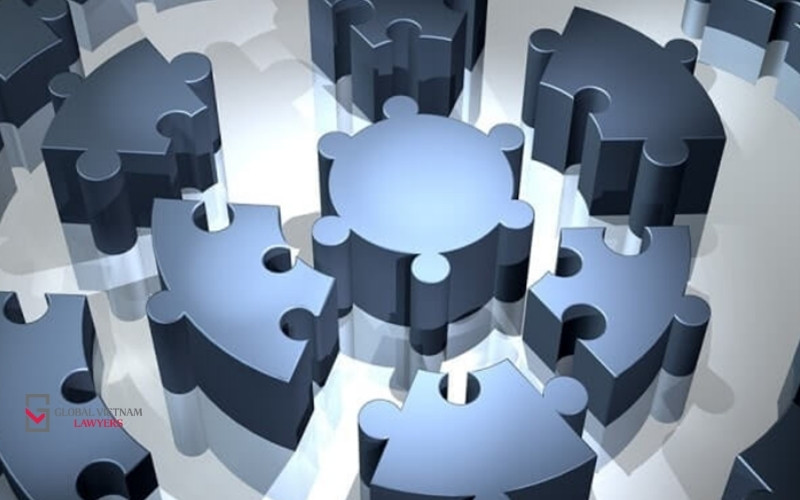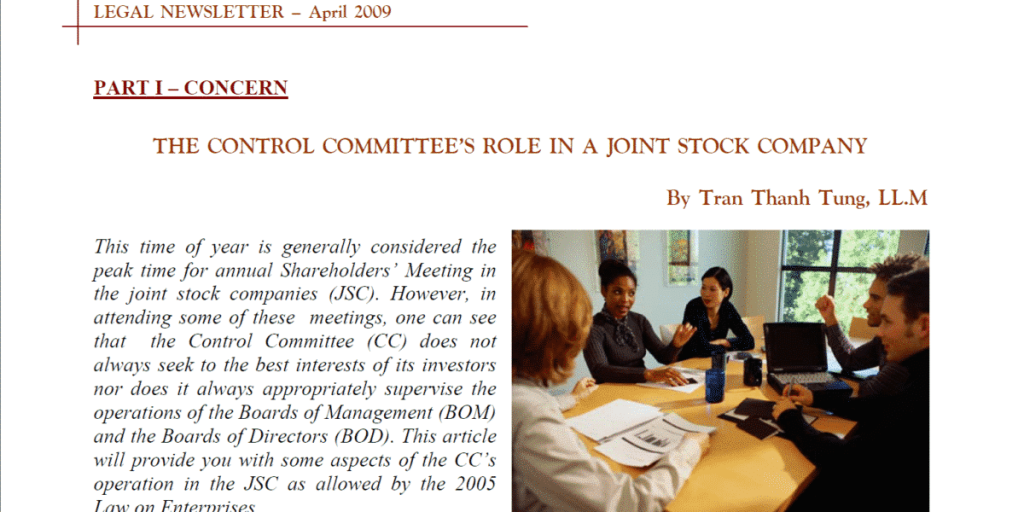GV Lawyers would like to introduce you an article by Lawyer Le Quang Vy titled “Network information under the moral and legal perspective” published in Saigon Economic Times No. 1,599) on 05 August 2021.
***
Fake news rampant in the age of global social networks feel like duck in water. The situation of fake news causing social instability in Vietnam is evident in many forms, such as fabricating, defaming, cursing, insulting, slandering, bullying… They not only damage the reputation of organizations and the dignity of individuals, but also seriously affect public order and fine customs.
What morality or ethics allows such behaviors?
Like the scope of law, morality is also a normative science that sets the standards that must be applied in order to avoid instability in society. Morality always have a more sublime purpose towards showing us an ideal model of kindness and compassion as the Buddhist scriptures teach “we should do good, for those who harm us, return love for hatred” or in the Bible, God said “show your left cheek to the one who has slapped you on the right cheek”. Indeed, the scope of morality is broader than that of law because it includes religious morality as well. Accordingly, the man’s duty to his creator and personal morality is to have a duty to himself, to social morality and members of society.
Scholar Bentham (UK) compared the scopes of law and morality with two concentric circles of different diameters, in which the small circle is a symbol of the scope of application of the law and the large circle is a symbol of the scope of application of the morality. Thus, in terms of morality, from the individual and social aspects, people must have a responsibility for themselves and members of society. Ethics does not allow anyone to go beyond the moral standards, harm others and then harm themselves. That means that morality and ethics do not allow anyone to fabricate, slander, insult, bully others whether through words or actions.
People always live before thinking and acting before considering why, so morality appears when people think and consider their actions to distinguish the right from the wrong in everything to set right any behavior, attitude. Although morality does not have sanctions like the law, the highest sanction of morality is the conscience, which is a human morality that no one will not perceive a pang of guilt once committed. Morality is aimed at radically directing humans to the good, it is obligatory and governs even their most secret thoughts. Therefore, before sharing any information, it is necessary to verify whether the information you give is complete and accurate and whether what you share has a negative impact on society and is ethica. Does morality allow you to do that? In a common sense, actions that go against morality are called demoralized, while those that do not consider morality are called amoral.
Tuning in to social beats
According to Article 2.3 of the 2018 Law on Cybersecurity, “Cyberspace is the connection network of information technology infrastructure, including telecommunications network, Internet, computer network, information system, processing system, information control and database; is a place where people perform social behaviors that are not limited by space and time”.
Beyond space and time, the operating environment of cyberspace is very large, so it is considered a public environment where each subject has an address on a social network is considered to be present in the public environment, all acts and behaviors of each subject are recognized by everyone. Therefore, each subject must be responsible for its actions if it causes damage to other individuals and organizations.
Society is always alive, so laws must also be adjusted to keep up with the pulse of society. Currently, in order to promptly adjust behaviors on social networks, Vietnam has promulgated the Law on Cyber Information Security in 2015, the Law on Cyber Security 2018.
The right to protect the honor, reputation and dignity of the human being is a constitutional principle, and these rights have been concretized in the Civil Code. Accordingly, each individual is protected by law with his or her moral rights from full name, image, honor, reputation and dignity, no one has the right to offend the moral rights of others in any form.
In the cyberspace environment, the Law on Cybersecurity prohibits (i) Untrue information triggering confusion among people, causing damage to socio-economic activities, causing difficulties for the operation of state agencies or officials on duty, infringing upon the lawful rights and interests of other agencies, organizations or individuals; (ii) Prostitution, social evils, human trafficking; posting lewd, depraved, criminal information; undermining the national fine customs and social morality and the health of the community (Articles 8.1.d and 8.1.đ).
These violations will be administratively sanctioned with a fine of between VND 10-20 million according to Article 101.1 of Decree 15/2020/ND-CP dated 03 February 2020 of the Government. In case the violator causes damage to his/her spiritual and material interests, he/she must also compensate the infringed person according to the Civil Code. In addition, the acts of sharing on social networks to insult, curse, fabricate or spread things that are known to be untrue in order to seriously offend the honor and dignity of others, will be prosecuted for the count of “humiliating others” or “slandering” according to articles 155 and 156 of the 2015 Penal Code.
Respecting the right and the law
A Vietnamese proverb saying “it is hard to know the morality and heaven, to know how to behave oneself bring in a better life than the rich”, has fully contained the outlook on life, teaching people how to behave themselves in life: knowing what is right to do, know how to live to be adored by everyone. Even in Vietnamese ancient law, although at that time there was no concept of “public order” and “fine customs”, there was a similar concept: “inadvisabilities” – meaning things that should not be done. Article 642 of the National Court of Penal Law of the Le Dynasty stipulates that “if you do things you shouldn’t do, then you must suffer from being a convict or an expulsion for serious violations and must suffer from a demotion or punishment for small violations”. Or in the Gia Long Law of the Nguyen Dynasty, Article 354 provides for: “If you do something inadvisable, you must be punished with 40 lashes, if you commit serious violations, you must suffer 80 staves.” In tandem with the good cultural traditions of the Vietnamese people such as mutual affection, love and care, the morality or ethics has pointed out the way of behaving in life and the law has deterred and sanctioned any breach. So more than anyone else, it is each subject in the online community who must know how to adapt oneself, fail to do anything contrary to morality and the law to avoid falling into a conscience pang and being carried away into the vortex of the the law.





